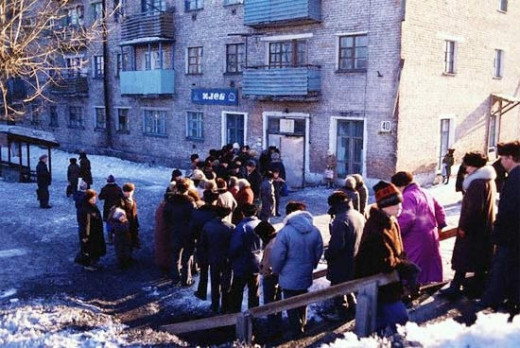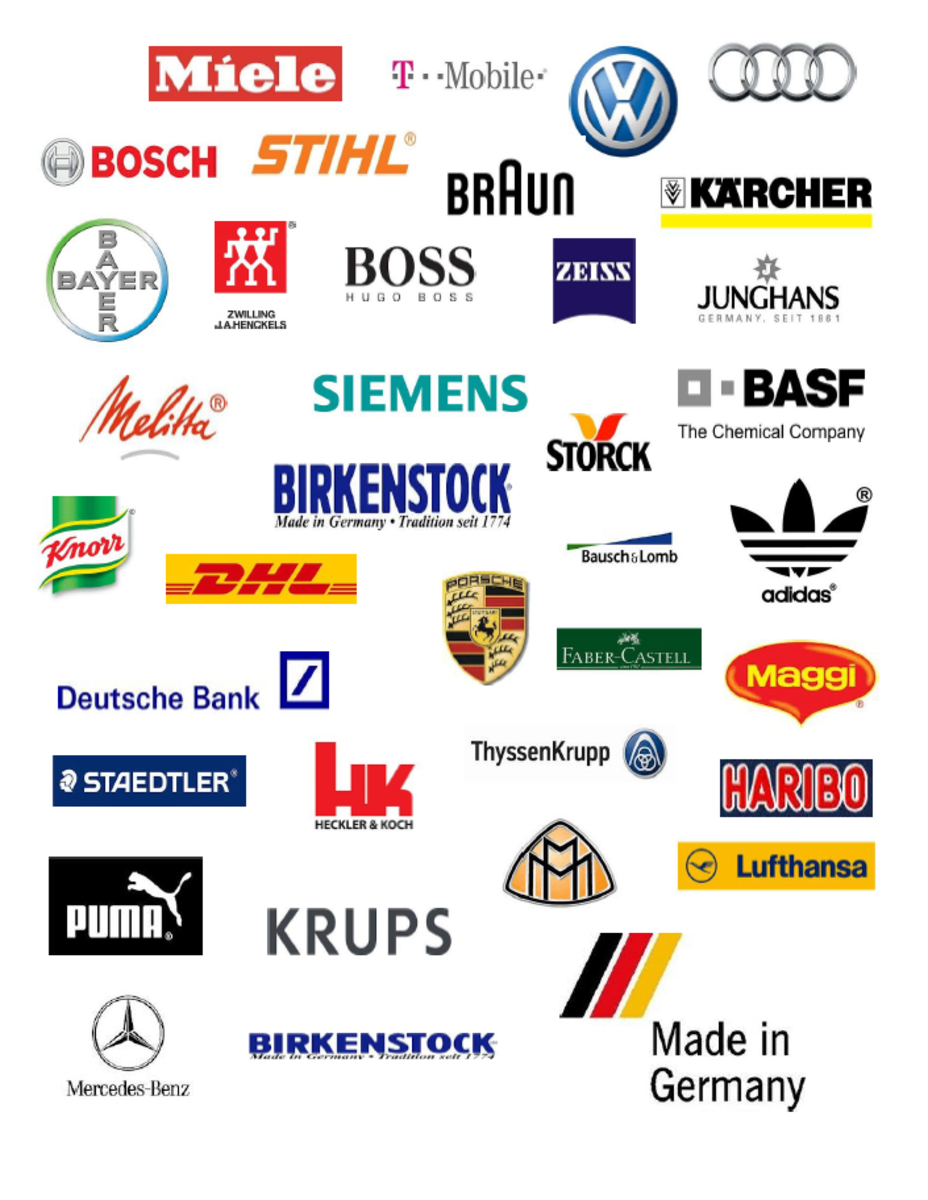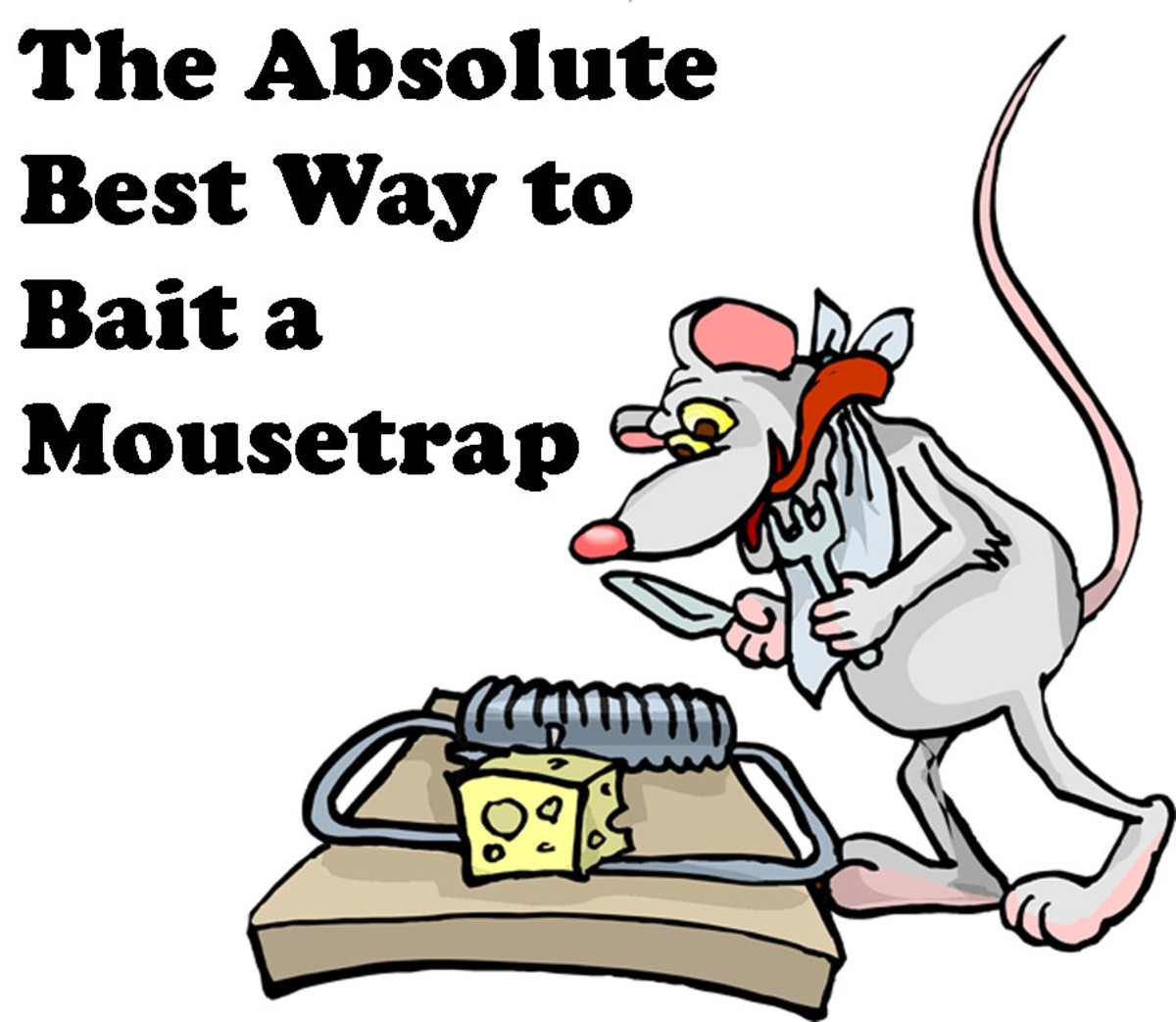Kitchen Wars
Germany Rising
How many people own a coffee grinder made in Russia? Probably as many as own one made in the U.S.A. But for some reason, even if not made in Germany, German coffee makers and grinders abound. Check out the Krups website on the internet. Its company logo is "beyond reason." I'm there, I'm thinking. It asks the visitor, "Do you own a Krups EA82 Full Automatic Coffee & Espresso Machine?" If you do, you are entitled to "elite service". I picture limousines and chartered flights. Unfortunately, I do not make the grade, owning only a plain automatic drip. However, there are many other selections, such as the KM 730 and 720 lines. They come with milk frothers. Does Mr. Coffee include the likes of these? All Krups models are lookers; many are priced to sell.
Zwilling J.A. Henckels International provides a line of cookware that has that same, Kruppsian, smooth metallic look, but are still very elegant all the same. Form is supposed to follow function, but who really knows? Zwilling's logo is impressive: Passion for the Best Since 1731. Zwilling is also ambitious. It has a store in Red China. I cannot tell if the Zwilling Group is as German as Krups, or is a European conglomerate, or maybe a Brooklyn company masquerading as Euro-Class, but it is headquartered on Grunewald Strasse in Solingen. My only point, however modest, is that in this brief period of peace the nation known familiarly as the greatest aggressor in modern times manufactures many nice and useful domestic products.
The Mother of All Kitchen Debates

The Redcoats
There is a statue of of George Washington in England that rests on top of American soil. It honors the wishes of our first President, who refused to so much as set foot in England. Maybe his attitude would have changed at a kitchen debate, had there been one. Were this the case, it would certainly have included tea, a touchy subject indeed in its day. Thomas Twinings was an English merchant, dating back to 1706. In today's world, yesterday's merchants are conspicuously absent. Some shops, however humble, sold original products that later became the cornerstones of giant corporations. Hellmann's Mayonnaise, a part of Anglo-Dutch Unilever, is an example. Twinings of London is owned by Associated British Foods. Big business, possibly like the monstrous dinosaurs millions of years ago, might think that they are here to stay, and small business, currently regarded as the fastest road to ruin, is unnecessary and undesirable. Maybe so, maybe not. . . . .
Food Fight
Does it matter to you what country a kitchen product comes from?
Viva Mexico!
The Mexican-American War ended in 1848. Since then, there has been much friction. But by and large, Mexico continues to be a very significant partner in trade with the USA. Our export/import arrangements total in the hundreds of billions. Much of this flurry of activity has to do with NAFTA, which some love, some hate. The main thing is that it is not all guns and drugs. In fact, it is also about food -- food itself. Herdez has many products such as salsa, cooking sauces, peppers, guavas, jalapeños, and mangos. But dearest to my own heart are the Road Worn Fender Guitars that are made in Mexico. The Nixon-Krushchev debates also entailed Ampex Tape and Color Television Sets. So, I feel as though it is not improper to speak of guitars in a kitchen debate. For decades, American guitar players have lamented the changeover from buying American designed and manufactured instruments to importing the same brands. But the reviews are mostly positive when it comes to this potentially heated topic. I found myself wanting to buy a Fender just looking at the Road Worn line on the web.
Hecho en Mexico

Toujours Les Francais
The French also make a substantial contribution to the kitchen. For them, it is not all pain et fromage. Le Creuset, for example, manufactures beautifully designed cast iron cookware. Nixon and Krushchev did not go this far. But the romance of good food has always entailed the eye as well as the palate. The UK, Germany, and Japan are crazy about the company's orange-colored cookware. What is it about orange? Orange Amplification, from the UK, sells orange-colored amplifiers. They look and sound great.
Where's the Cheese?

Et tu, Italia?
My first thought was that DeLonghi was French. But why would its corporate headquarters be in Treviso, Italy? It is a well-diversified company, in terms of its focus on the kitchen. Its international scope is dazzling. Clients of DeLonghi can be found in 75 countries. Its EAM 3500 Coffee Machine can be seen in Wikipedia. At this point, all I can say is that it's all good. The kitchen debates were the lighter side of the Cold War. Still, a case could be made to argue it was in the kitchen that the Cold War was won, not the field with tanks and guns.
Breadlines

The More Serious Side of Home Economics
It is fun to expand upon the kitchen debates of the late 1950s. But while the eighties launched a new stock-market focused economy in the USA, the old, idealistic, and antiquated systems behind the Iron Curtain presented a sharp contrast difficult to explain. Where did all the food go? I recall reading about doctors in the Soviet Union growing their own in backyards and the like. While there is something to admire about doctors who work for nothing, clearly an economy designed to show up capitalism once and for all was undergoing a major setback. I wonder if Communism will ever return. It seemed at the time that the crisis was being addressed. Changes were being made in various industries across the board that had become lethargic and unproductive. The USSR might well have pulled through and restructured itself the way corporations do from time to time. But hunger, as can be inferred from the picture above, is impatient. It does not want to hear another impassioned speech or read a long, erudite treatise on "what is to be done." Thus, the dreaded "evil empire" reached an impasse. At the same time, the unprecedented explosion of wealth in the west created a new class of "haves" who had no qualms about living in a sybaritic fashion while others, far away, starved. Nonetheless, enough said: glib moralizing is too facile and unhelpful. Human nature responds more favorably to plenty than scarcity. The Russian Federation today is not known for famine rather than feast, so maybe the problems have been solved. Competition in the marketplace is not a negative. Whatever the economic policy is that Russia now embraces should disturb our nation much less than before. Our hatred of Communism knew no bounds. Apparently, those who lived under Communist domination felt likewise. Tomorrow's economics or, I would like to say, somewhat artistically, kitchen wars, promise even more progress. Perhaps it is time to stop thinking in terms of capitalism versus communism. The goal today as it was yesterday is to put food on the table.





